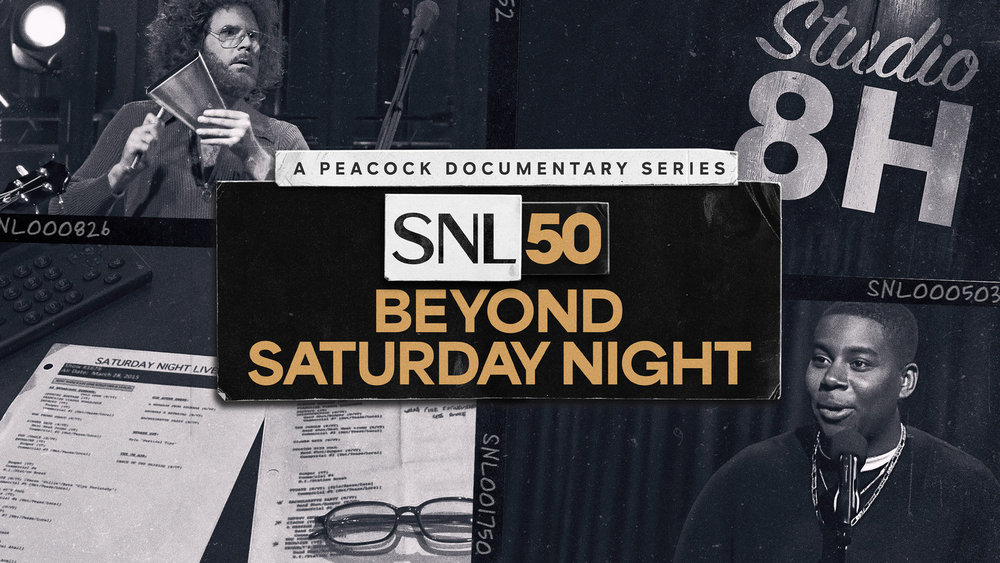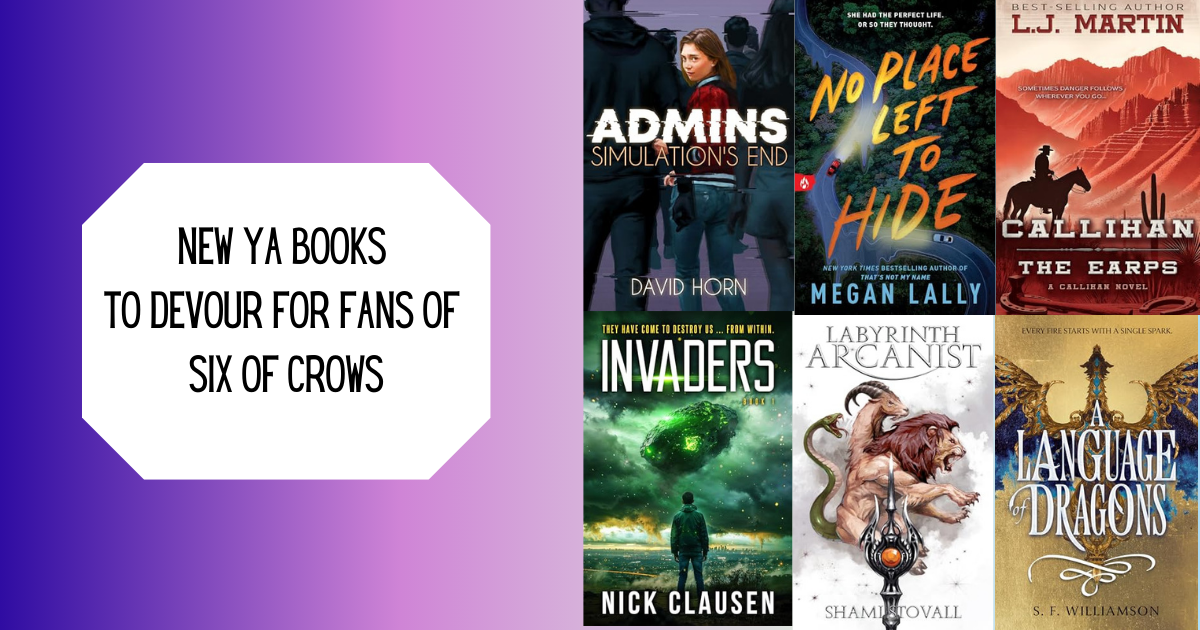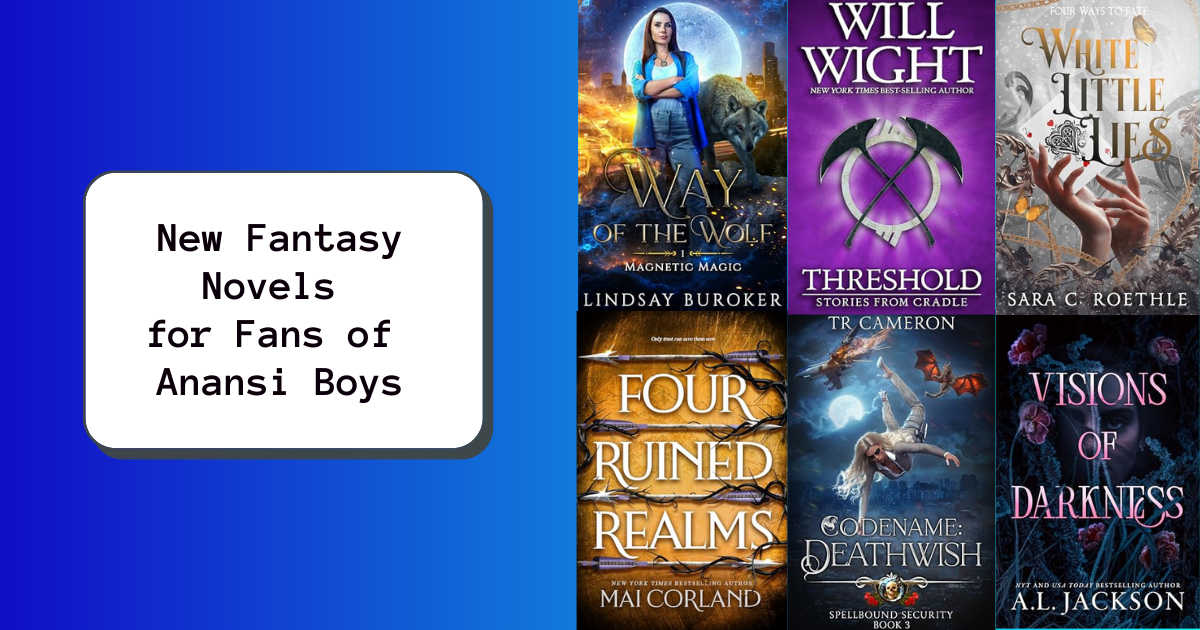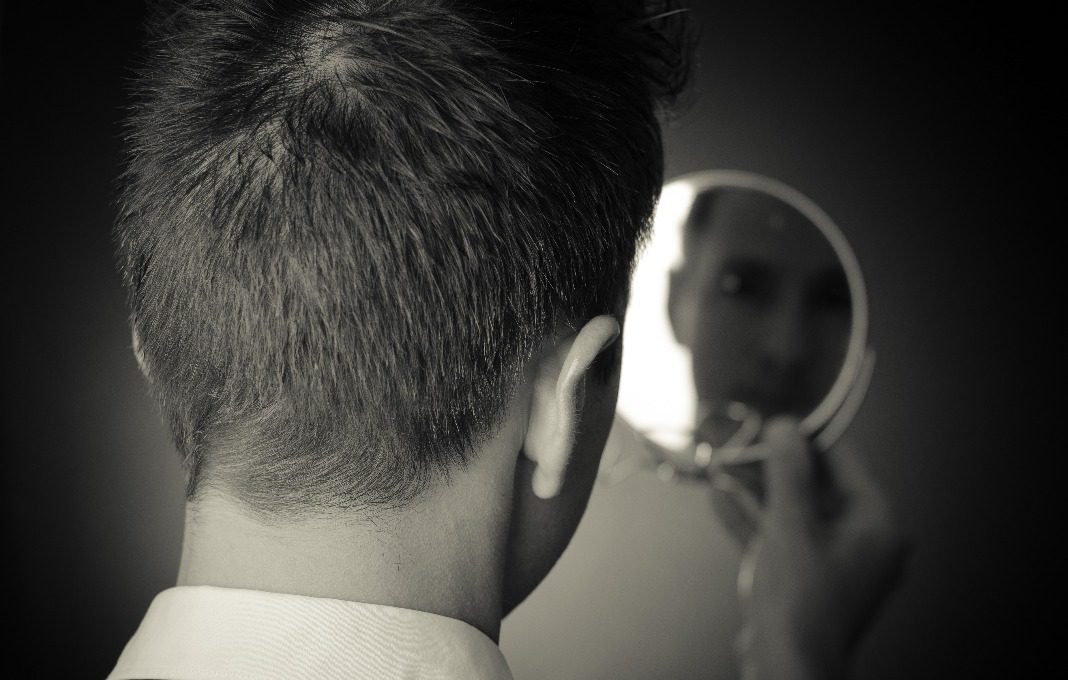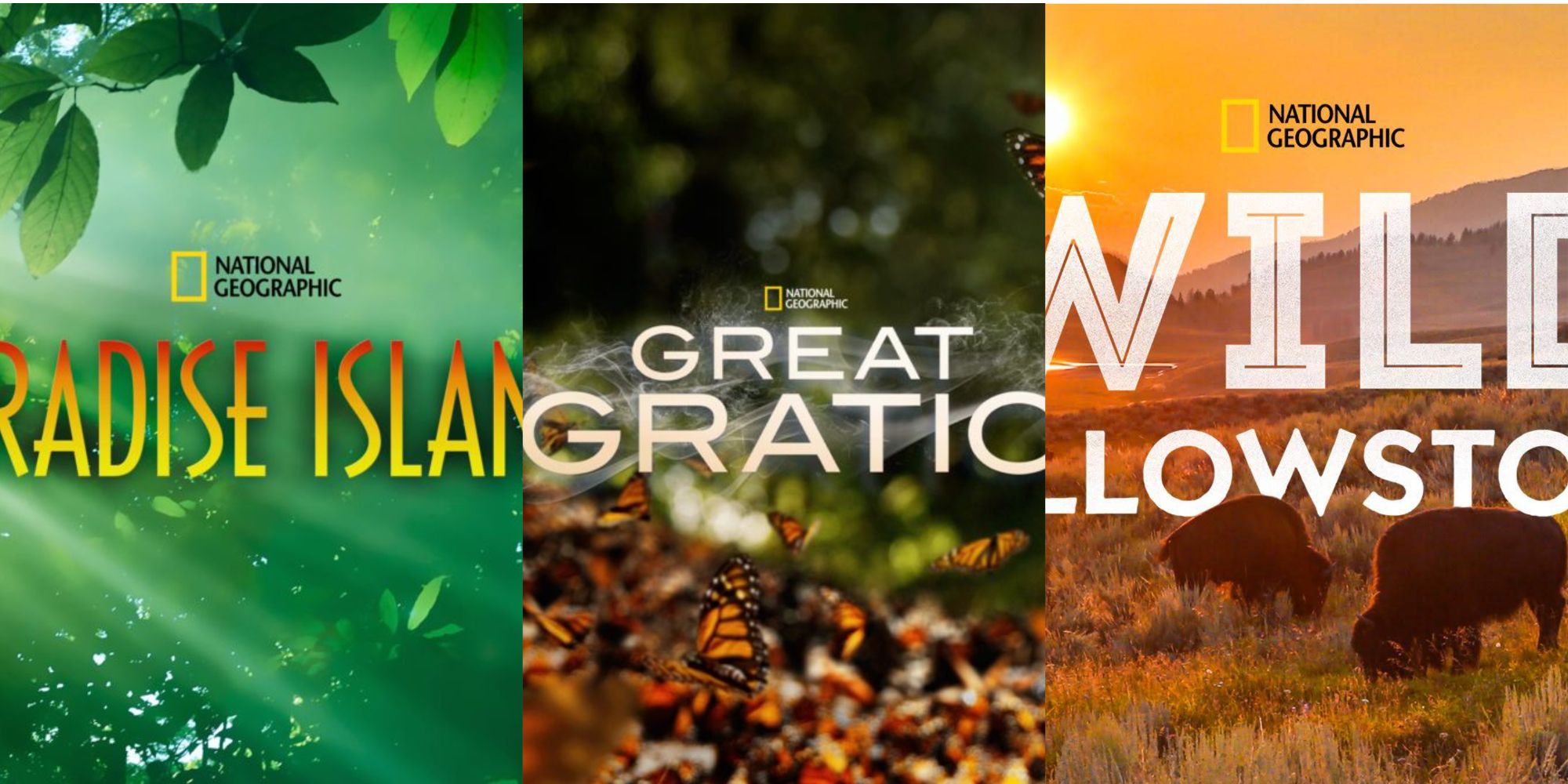With Iron Man dead and Captain America retired, that pretty much leaves Thor as the most tenured superhero in the Marvel Cinematic Universe. (He’s an immortal space viking, so technically he was always the most tenured superhero in the MCU.) But after three solo movies and four Avengers films, what else is there to say about this guy? So far he’s learned how to be a hero, he’s fallen in love, become a team player, realized the importance of responsibility, and learned another lesson about heroism. Charming and handsome as he is, Thor is coming dangerously close to growing stale.
The good news: Thor: Love and Thunder finds a genuinely new angle on Thor. The bad news: It finds it in the movie’s very last scene. As a result, the next Thor will probably be great. In the meantime, Thor: Love and Thunder is merely okay. Pleasant but extremely messy and very familiar, it mostly seems to exist as the metaphorical Rainbow Bridge to the next phase of Thor’s journey.
It’s also the second Thor in a row co-written and directed by Taika Waititi. In the interim since Waititi’s Thor: Ragnarok premiered, Thor (Chris Hemsworth) gained a new eye, a fancy new axe, a new dad bod, and some new friends. At the end of Avengers: Endgame, he ventured into outer space with the Guardians of the Galaxy.
That seemed like a concept with a lot of potential, but the character’s status quo switches up again at the start of Love and Thunder, with the God of Thunder quickly resuming his solo adventures (and shredded physique), this time on a mission to rescue some kidnapped Asgardians from Gorr the God-Butcher (Christian Bale). His name pretty much says it all, but Love and Thunder’s prologue reveals the sad backstory for his all-consuming desire to slay every god in the universe.
Naturally it’s up to Thor to stop him, for self-preservation if nothing else. As he did in Ragnarok, Waititi gives Thor a ragtag group of allies including Valkyrie (Tessa Thompson) and Korg (Waititi himself). (And yes, Thor ditches one group of friends so he can be alone, only to bring together a second group of friends about six minutes later.) Most importantly, Thor’s ex-girlfriend Jane Foster (Natalie Portman) reenters his life, this time as a superhero in her own right. While Thor was off guarding the galaxy, Jane managed to reassemble Thor’s broken hammer Mjolnir, and in doing so, she acquired the powers of a god herself.
Jane’s return to Marvel after a fairly substantial absence (plus the secret she hides about why she sought out Mjolnir in the first place) should imbue Love and Thunder with loads of romantic tension. It should, but it doesn’t. There are some very heavy sequences in Love and Thunder and they fit uncomfortably with the movie’s non-stop goofball comedy. One second Thor might find one of his old allies horribly beaten by the God-Butcher; the next he’ll crack a joke about their severed limbs winding up in Valhalla. One scene after the heroes fight terrifying shadow monsters, they might discuss orgies. It’s a strange mix of elements.
The one that works best is Bale. In his Batman movies, he brought incredible intensity and depth of emotion to the sometimes silly and superficial world of superheroes. In relatively limited screen time, he does the same thing again in Love and Thunder. Thanks to Bale’s commitment (not to mention his weird, skeletal physicality), Gorr’s story gains the tragic sweep of ancient myth; perfect for a film about omnipotent gods. Why he’s in so little of the movie, though, I don‘t know. Still, his the material that remains is the strongest in the entire picture, even if it has to coexist with a pair of screeching space goats and Thor dealing with some relationship issues with his axe, Stormbreaker.
In Thor: Ragnarok, Waititi managed to fuse over-the-top heroic imagery with a contemporary sense of humor and a kitschy aesthetic. He directs from the same recipe here to less cohesive effect. The comedic elements last time were funnier, and made a lot more sense in that story about Thor trapped on a bizarre planet full of oddballs like Jeff Goldblum’s Grandmaster. Love and Thunder’s colorful visuals feel less in sync with Thor riffing like an improv comic, and neither one mesh with the screenplay’s strained attempts to say something profound about the nature of life and death.
A lot of Love and Thunder’s individual parts are sharp, and the film is full of likable performers like Hemsworth, Portman, and Thompson. It’s not a terrible time at the theater. If you enjoyed the last Thor movie, you’ll probably enjoy this one. Just not as much. Like Jane Foster’s repaired Mjolnir, which can now break apart into multiple pieces and attack enemies like enchanted buckshot, Thor: Love and Thunder sprays a million shots at its targets. But only a few hit their mark.
Additional Thoughts:
-About Thor’s space goats: These strange-looking beasts intrude on scene after scene with their blood-curdling screams. It’s incredibly obnoxious — and it made me laugh every single time.
-In much the same way stories of the mighty Norse god Thor were passed down through the centuries, generations from now people will tell tales about the unhinged accent Russell Crowe uses in this movie to play Zeus. No one will believe it really happened, but they will speak of its legend.
RATING: 6/10
Marvel Comics That Can’t Appear in the MCU
Some of Marvel’s most popular comics can never be adapted to the Marvel Cinematic Universe, mostly because of issues with copyrights.























































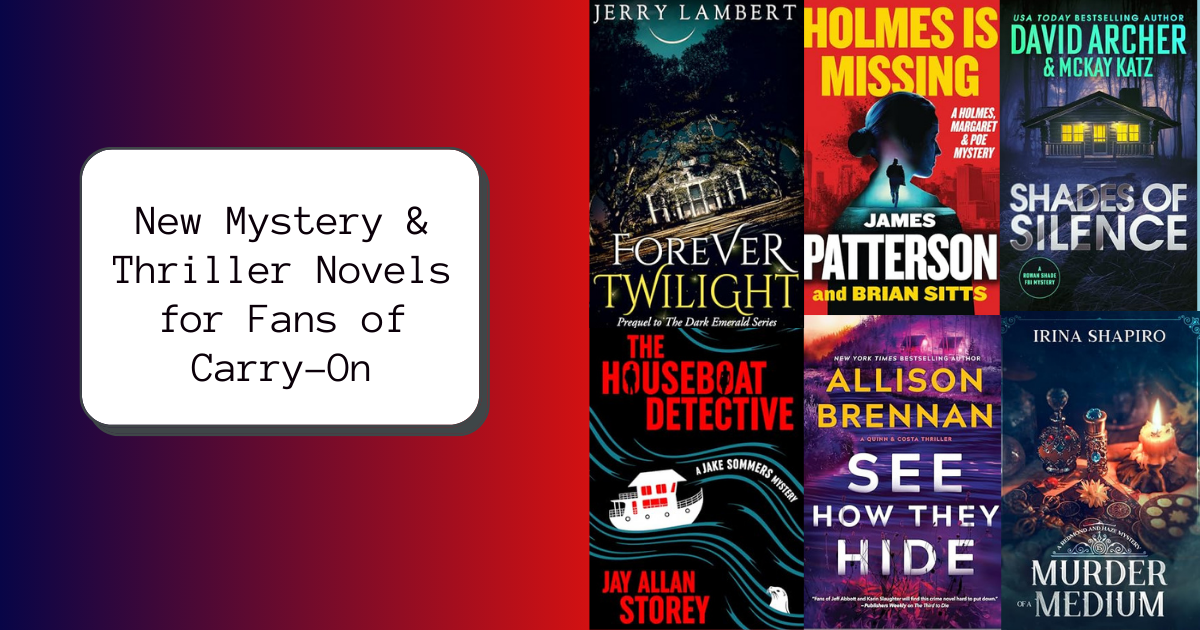
![Social Media Spring Cleaning [Infographic] Social Media Spring Cleaning [Infographic]](https://imgproxy.divecdn.com/9e7sW3TubFHM00yvXe5zvvbhAVriJiGqS8xmVFLPC6s/g:ce/rs:fit:770:435/Z3M6Ly9kaXZlc2l0ZS1zdG9yYWdlL2RpdmVpbWFnZS9zb2NpYWxfc3ByaW5nX2NsZWFuaW5nMi5wbmc=.webp)
![5 Ways to Improve Your LinkedIn Marketing Efforts in 2025 [Infographic] 5 Ways to Improve Your LinkedIn Marketing Efforts in 2025 [Infographic]](https://imgproxy.divecdn.com/Hv-m77iIkXSAtB3IEwA3XAuouMwkZApIeDGDnLy5Yhs/g:ce/rs:fit:770:435/Z3M6Ly9kaXZlc2l0ZS1zdG9yYWdlL2RpdmVpbWFnZS9saW5rZWRpbl9zdHJhdGVneV9pbmZvMi5wbmc=.webp)










